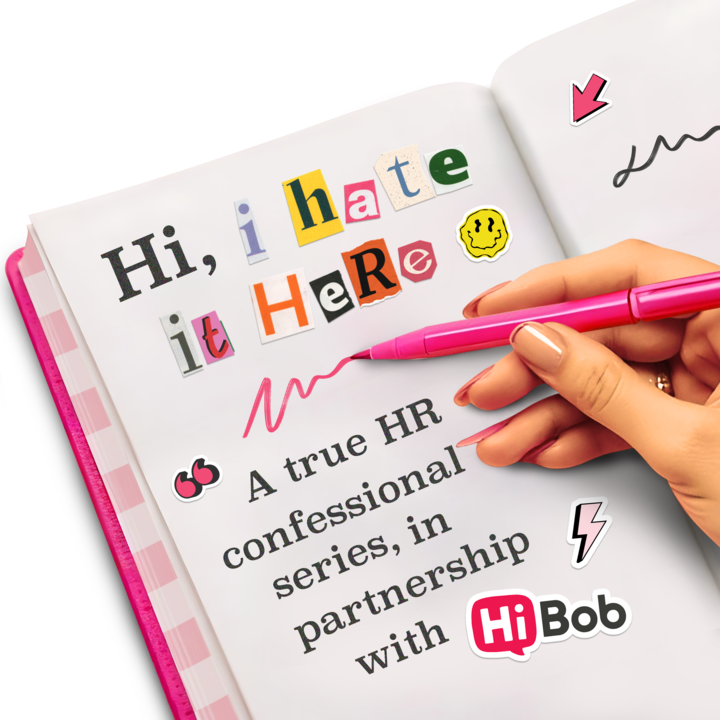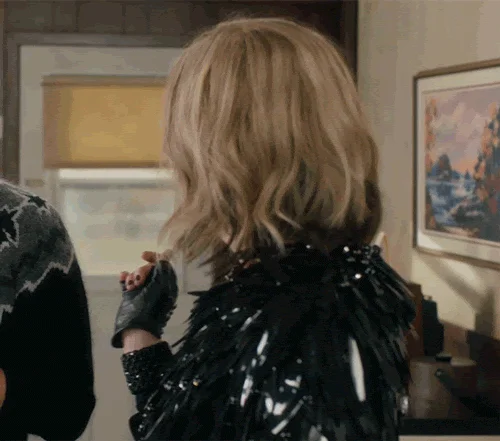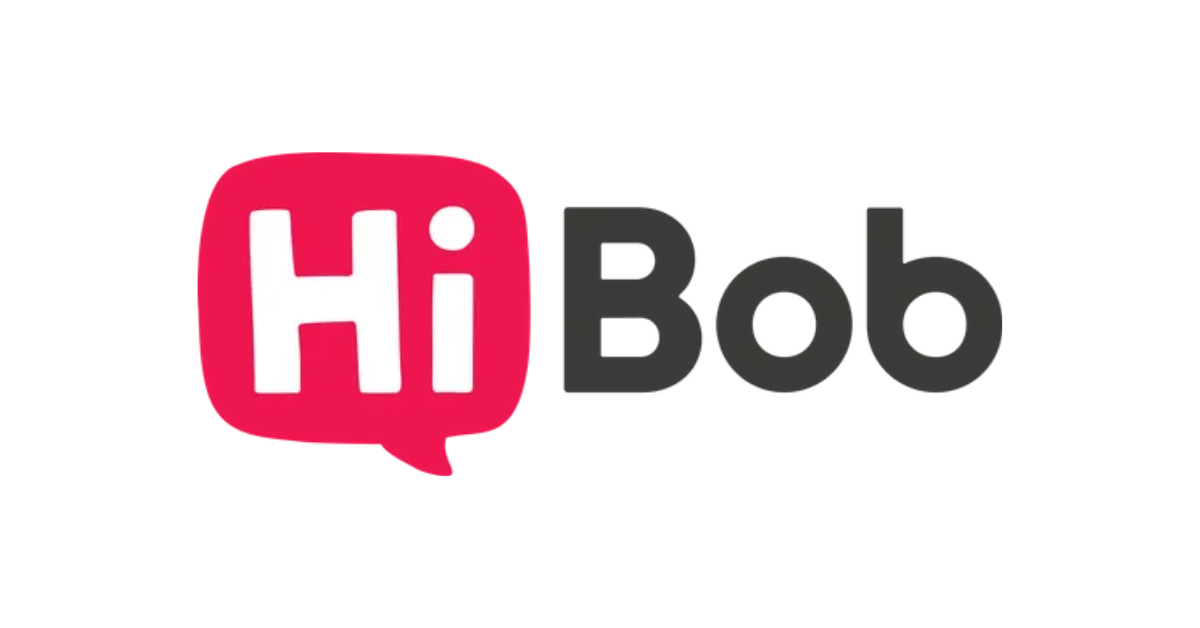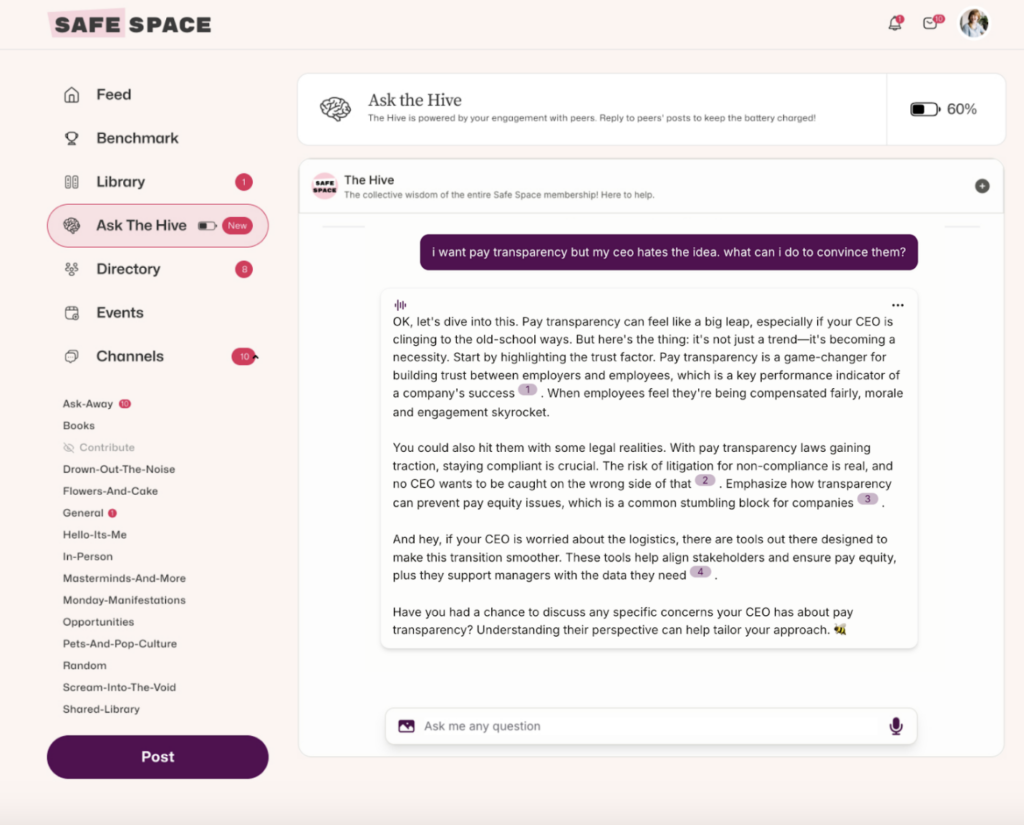HR Confessions: The Untold Archetypes Running Your Office


Some workplaces give you a neat lil org chart: VP, director, manager, employee, and so on. Nice and tidy.
But if you’ve spent even five minutes in HR, you know the real org chart doesn’t live in your software. It lives in archetypes! 🔍
EVERY workplace has them: The ones who lurk, the ones who carry the whole company on their back, or the ones who smile sweetly while quietly plotting your professional demise.
Sure, they may not always show up in headcount reports, but they absolutely show up in Slack threads, exit interviews, and maybe even your sleepless 2AM thoughts.
And, to put it candidly…you didn’t ask for them!
Yet somehow, every office manages to collect its very own cast of characters, like an HR-themed broadway show with all of the drama, and none of the fun. Le sigh.
With that being said, this edition of HR Confessions is dedicated to those archetypes!
The messy, uninvited personas that end up shaping culture more than any policy ever could. 😑
Because while leadership talks about strategy and synergy, HR is usually left refereeing the plot twists between spies, martyrs, and cardigan-clad villains.
Do those sound oddly specific?
Well, these are the types I will be discussing below!
So grab your popcorn and let the stories begin. It’s time to meet the archetypes you didn’t ask for but may recognize!
Confession #1: The Accidental Spy

📣 “My office shares a wall with our CEO. Good or bad, I hear far more than I should. To the good, I heard a marketing manager jockey for a promotion by bashing another manager who had been promised the role. I told the other employee what was said, and now, after 6 years, we’re work-BFFs and he finally believes what I’ve been telling him all along. We have a snake in marketing.”
Ah, the Accidental Spy. Not trained, not recruited, but suddenly privy to every hushed conversation because the office designer thought drywall was a good sound barrier.
Look, I get it. It feels like a free ticket to the company’s unfiltered inner circle.
But there’s a reason we don’t encourage HR to double as gossip informants, it’s messy, unethical, and it makes you complicit in a game you almost certainly don’t want to play!
How I’d Handle It:
First and foremost: STOP PASSING ALONG WHAT YOU HEAR.
I know it feels validating when someone finally believes you, but this is less intelligence-gathering and more meddling.
If you truly believe leadership conversations are breaching confidentiality or impacting fairness, the move is not to whisper across the hall.
The move is to escalate professionally, either by documenting what you heard or by pointing to the structural problem (like, hello, soundproof the wall for crying out loud).
Second: leverage tools and policies. Sensitive information shouldn’t ever be discoverable because of bad office acoustics.
This is where HR should push for secure tools and private spaces, so no one ends up in the position of “knowing too much.”
At the end of the day, playing informant will lead to more issues than solutions.
Spies make for good TV, not good HR!
Confession #2: The Overworked Martyr

📣 “I’m feeling incredibly overwhelmed and undervalued in my current role. As a one-person HR team, I’m responsible for everything—recruiting, benefits, employee relations, investigations, and full-cycle payroll. The workload has become unmanageable…The stress is overwhelming, my work-life balance is completely out of sync, and it feels like there’s an elephant sitting on my chest. It’s time for a change.”
Meet the Overworked Martyr. The unsung, unseen, and unpaid workforce of one, who quietly holds the entire company together with sheer willpower and (probably) way too much coffee.
This one hits home for me, because if you’ve ever been a solo HR department, you know exactly how this feels. I can feel the PTSD creeping in.
You’re expected to be a recruiter, lawyer, therapist, payroll specialist, and culture hero all rolled into one, while leadership only notices you when something goes wrong.
All this while the appreciation is completely nonexistent, mind you!
How I’d Handle It:
First, let’s just sum up my response with one word: clarity.
If you’re running payroll, leading investigations, and managing benefits, that’s easily more than 1 job!
You have to decide what you actually want to do next, not just what you can do.
Because if you leave one overwhelming job for another, that’s just better disguised? You’ll still be drowning.
Second: advocate for tools and support. This is where tech (yes, including AI) matters.
Automating admin tasks, documenting everything in one place, and setting boundaries around your bandwidth are your survival, so they can’t just be passed off as luxuries anymore.
Third: change isn’t optional.
Whether it’s finding another role, hiring help, or restructuring responsibilities, you can’t just power through this because martyrdom doesn’t scale, and unfortunately, burnout isn’t a badge of honor.
If you’re the Martyr, I see you. But just know, you DON’T have to sacrifice yourself for this company!
Confession #3: The Villain in a Cardigan

📣 “Many people tell me it’s refreshing to meet a ‘genuinely’ kind HR person. Well…I’m not really nice. I use niceness to manipulate people and get what I want. It is a strategic skill I’ve developed over a decade of being in HR. I am dead on the inside. I will smile to your face and politely tell you that you are a f*cking idiot. Yeah, I just f*cking hate people…But I love my job and HR career.”
Here we have what I will dub The Villain in a Cardigan.
They’re warm, approachable, and seem like they’ll bring cookies to the next all-hands. But behind that cardigan?
A black hole of empathy and a master manipulator who smiles while stabbing you in the back.
It’s giving Dolores Umbridge, but with better HR tech skills.
How I’d Handle It:
Look, I’m not mad at the strategy of professional niceness. HR is a role where you absolutely do need to manage tone, emotions, and sometimes hide your real feelings.
But there’s a difference between using professionalism to keep peace and weaponizing kindness to manipulate.
If you’re dead inside (their words, not mine), the fix isn’t to weaponize niceness, it’s to find neutral ways of handling conflict so you don’t build your reputation as HR’s smiling assassin.
This might even be a unique instance where some form of AI coaching might help.
Why? Because AI doesn’t have feelings. It can give you language that’s professional without dripping in fake sweetness or malice.
Either way, your culture needs HR leaders who can balance honesty with diplomacy.
Why These Archetypes Matter

Confessions like these remind us that HR is waaaay more than just policies and payroll.
At its core, it’s people.
Messy, complicated, archetypal people who drag their full selves into work, whether that’s as an unintentional spy, a martyr carrying too much, or a villain in cozy knitwear.
Archetypes don’t just make for good drama, either.
They impact culture, trust, and ultimately whether HR is seen as a partner or a problem.
- The Accidental Spy creates liability by spreading information that should have stayed confidential.
- The Overworked Martyr risks burnout, turnover, and losing critical knowledge.
- The Villain in a Cardigan poisons trust under the guise of professionalism.
So, what’s the common thread here?
Without the right systems and tools, these archetypes flourish in ways that hurt culture, and we already have enough negative myths to dispel as it is!
HiBob: Helping You Break the Archetype Cycle

Drama will always exist (because, hi, humans).
But whether it becomes workplace lore or workplace liability depends on how well you manage it!
HiBob helps People Leaders stop playing archetypes and start building systems.
- Confidential conversations? They stay confidential with role-based access and secure documentation.
- Overworked HR teams? Automate the admin and free up your time for strategy instead of spreadsheets.
- Struggling to balance honesty and professionalism? HiBob gives you tools (and integrations with AI assistants) to draft language that’s clear, consistent, and human, without faking kindness or burning out.
Because HR shouldn’t have to be spies, martyrs, or villains. HR should be leaders with the tools to build trust, create boundaries, and focus on strategy.




